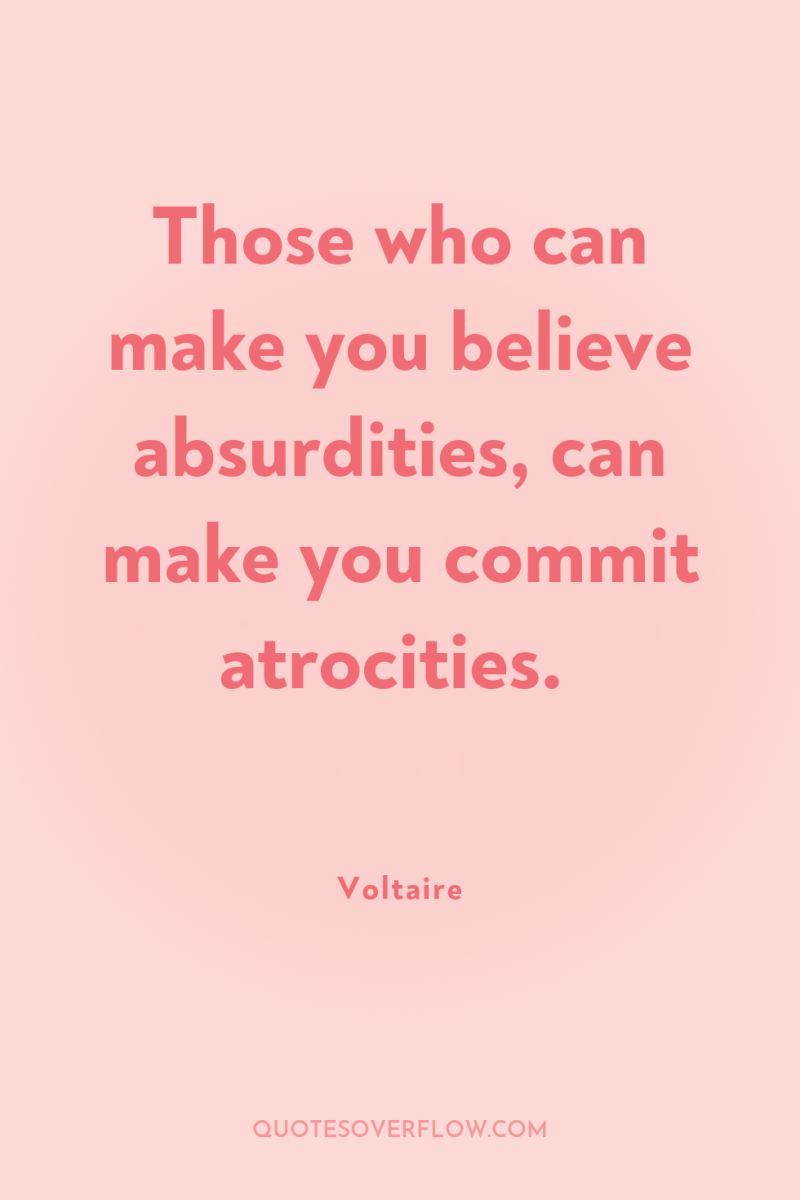1
The ORDINARY RESPONSE TO ATROCITIES is to banish them from consciousness. Certain violations of the social compact are too terrible to utter aloud: this is the meaning of the word unspeakable. Atrocities, however, refuse to be buried. Equally as powerful as the desire to deny atrocities is the conviction that denial does not work. Folk wisdom is filled with ghosts who refuse to rest in their graves until their stories are told. Murder will out. Remembering and telling the truth about terrible events are prerequisites both for the restoration of the social order and for the healing of individual victims. The conflict between the will to deny horrible events and the will to proclaim them aloud is the central dialectic of psychological trauma. People who have survived atrocities often tell their stories in a highly emotional, contradictory, and fragmented manner that undermines their credibility and thereby serves the twin imperatives of truth-telling and secrecy. When the truth is finally recognized, survivors can begin their recovery. But far too often secrecy prevails, and the story of the traumatic event surfaces not as a verbal narrative but as a symptom. The psychological distress symptoms of traumatized people simultaneously call attention to the existence of an unspeakable secret and deflect attention from it. This is most apparent in the way traumatized people alternate between feeling numb and reliving the event. The dialectic of trauma gives rise to complicated, sometimes uncanny alterations of consciousness, which George Orwell, one of the committed truth-tellers of our century, called "doublethink, " and which mental health professionals, searching for calm, precise language, call "dissociation." It results in protean, dramatic, and often bizarre symptoms of hysteria which Freud recognized a century ago as disguised communications about sexual abuse in childhood..Judith Lewis Herman
2
I'm convinced that most men don't know what they believe, rather, they only know what they wish to believe. How many people blame God for man's atrocities, but wouldn't dream of imprisoning a mother for her son's crime?Criss Jami

3
Those who can make you believe absurdities, can make you commit atrocities.Voltaire
4
I really do think that if for one week in the United States we saw the true face of war, we saw people's limbs sheared off, we saw kids blown apart, for one week, war would be eradicated. Instead, what we see in the U.S. media is the video war game.Amy Goodman
5
Do not open your minds to the filtering of the fallacious doctrine that it is less infamous to murder men for their politics than for their religion or their money, or that the courage to execute the deed is worse than the cowardice to excuse it. Let us not flinch from condemning without respite or remission, not only Marat and Carrier, but also Barnave. Because there may be hanging matter in the lives of illustrious men, of William the Silent and Farnese, of Cromwell and Napoleon, we are not to be turned from justice towards the actions, and still more the thoughts, of those whom we are about to study.Unknown
6
As a human rights activist it is concerning to me that those committing atrocities against vulnerable people view these atrocities as 'progress', and assert with pride and conviction that they are 'Christians' and that they are doing 'God's will'.Christina Engela
7
This book appears at a time when public discussion of the common atrocities of sexual and domestic life has been made possible by the women’s movement, and when public discussion of the common atrocities of political life has been made possible by the movement for human rights. I expect the book to be controversial–first, because it is written from a feminist perspective; second, because it challenges established diagnostic concepts; but third and perhaps most importantly, because it speaks about horrible things, things that no one really wants to hear about.Judith Lewis Herman
8
Psychological trauma is an affliction of the powerless. At the moment of trauma, the victim is rendered helpless by overwhelming force. When the force is that of nature, we speak of disasters. When the force is that of other human beings, we speak of atrocities. Traumatic events overwhelm the ordinary systems of care that give people a sense of control, connection, and meaning.… Traumatic events are extraordinary, not because they occur rarely, but rather because they overwhelm the ordinary human adaptations to life.… They confront human beings with the extremities of helplessness and terror, and evoke the responses of catastrophe.Judith Lewis Herman